THE YEAR 1956 was a turning point in post-war history. Britain’s imperial ambitions were publicly tested during the Suez Crisis, which exposed the diminishing global influence of European powers. Across Eastern Europe, popular uprisings, particularly in Hungary and Poland, challenged Soviet dominance, while in the West, new cultural forces emerged. Rock and roll began to reshape youth culture, television entered its golden age, and the Summer Olympics were held in Australia for the first time. At the same time, decolonisation and civil rights movements gathered momentum, laying the groundwork for social and political revolutions to come.
Explore our newspaper archives to purchase your own authentic 1956 newspaper!
January
5 January: Elvis Presley records Heartbreak Hotel at RCA's studios in Nashville. It would become his breakthrough hit and top the US charts.
Delve deeper into the story of Elvis Presley
6 January: The first major rock and roll concert takes place in New York City, organised by DJ Alan Freed and featuring Bill Haley and the Comets.
10 January: Sudan gains full independence from British-Egyptian rule, becoming the first African country to do so in 1956.
17 January: Grace Kelly and Prince Rainier III of Monaco formally announce their engagement.
25 January: Buddy Holly records several tracks in his first session for Decca Records, including Blue Days, Black Nights.
26 January: Severe winter weather causes major disruption in Britain, with frozen rivers and transport delays across the country.
28 January: Elvis Presley makes his US television debut on Stage Show, produced by Jackie Gleason, introducing him to national audiences.
30 January: Chancellor Harold Macmillan confirms plans for introducing premium bonds in the UK to boost public saving.
February
1 February: US President Dwight D. Eisenhower signs the Federal-Aid Highway Act of 1956, paving the way for the American interstate system.
4 February: French troops engage Algerian nationalists in a major battle near Constantine, one of the bloodiest incidents of the war to date.
12 February: Japan and the Soviet Union formally end their wartime state of belligerency with a joint declaration.
14 February: The BBC debuts Hancock’s Half Hour on television, marking a new era in British sitcoms.
18 February: The Winter Olympics open in Cortina d’Ampezzo, Italy: the first to be broadcast live in parts of Europe.

The opening ceremony of the 1956 Winter Olympics. Image: Wikipedia
22 February: Elvis Presley releases Heartbreak Hotel, which rapidly rises in popularity and hits number one by spring.
25 February: Khrushchev delivers his "Secret Speech" to the Soviet Communist Party, condemning Stalin’s repressions and shocking the global communist movement.
28 February: Japan is admitted to the United Nations, rejoining the international community after World War II.
March
2 March: Morocco formally gains independence from France, ending the protectorate that had been in place since 1912.
13 March: Chancellor Macmillan announces the launch of the UK’s premium bonds scheme, to be introduced later in the year.
17 March: My Fair Lady, the musical adaptation of Pygmalion, premieres on Broadway with Julie Andrews and Rex Harrison.
Learn more about the history of Broadway musicals through newspaper headlines!

19 March: Tunisia secures independence from France, with nationalist leader Habib Bourguiba becoming Prime Minister.
22 March: Carl Perkins releases Blue Suede Shoes, a hit that becomes an anthem for the rockabilly movement.
23 March: Pakistan adopts a new constitution, officially becoming the Islamic Republic of Pakistan, the first country to do so.
28 March: Britain confirms plans to expand nuclear energy through the civil atomic power programme.
30 March: The United States adopts In God We Trust as its official national motto, affirming its Cold War-era identity.
April
10 April: Australian golfer Peter Thomson wins the British Open for the third year in a row.
11 April: The UK Parliament passes the Clean Air Act, aiming to reduce smog and industrial pollution in urban centres.
18 April: Grace Kelly marries Prince Rainier III in Monaco’s civil ceremony. The religious ceremony follows on 19 April, attended by royalty and Hollywood elite.

Hollywood actress Grace Kelly marries Prince Rainier of Monaco. Image: The Guardian
21 April: Ampex unveils the VRX-1000, the first commercially successful videotape recorder, in Chicago.
22 April: France formally recognises Tunisia’s independence and withdraws its troops.
24 April: Stirling Moss wins the Aintree 200 Grand Prix, beating world champion Juan Manuel Fangio.
25 April: In the Colchester by-election, the Conservative Party narrowly retains the seat, reflecting unease over foreign policy.
May
2 May: The first Eurovision Song Contest takes place in Lugano, Switzerland, and is won by Swiss singer Lys Assia.
9 May: The UK government reveals its plan to build 300,000 homes per year to combat the housing crisis.
14 May: Manchester United, managed by Matt Busby, wins the Football League First Division title with a team of young players known as the "Busby Babes".
20 May: The US officially closes the Bikini Atoll to civilians ahead of hydrogen bomb tests under Operation Redwing.
23 May: France steps up its military involvement in Algeria as tensions rise during the war of independence.
26 May: The United States conducts the first successful air-drop of a hydrogen bomb over Bikini Atoll.
28 May: Labour MP Aneurin Bevan resigns from the shadow cabinet over Britain’s nuclear weapons policy.
30 May: The musical Bells Are Ringing opens on Broadway, starring Judy Holliday and receiving strong reviews.
June
5 June: Elvis Presley causes national controversy with his hip-swinging performance of Hound Dog on The Milton Berle Show.

Elvis Presley on the Milton Berle Show. Image: PMA Magazine
10 June: Hungary’s football team defeats the Soviet Union 1 – 0 in Budapest, a politically charged victory that galvanises national pride.
12 June: The International Labour Organization opens its 39th conference in Geneva, focusing on minimum wage standards and global employment rights.
18 June: Prime Minister Eden visits Washington to coordinate diplomatic strategies on the Middle East with President Eisenhower.
23 June: Stirling Moss wins the Belgian Grand Prix at Spa-Francorchamps, securing another victory for British motorsport.
26 June: Anti-communist protests erupt in Poznań, Poland. Security forces violently suppress the uprising, killing dozens.
28 June: Rioting in Poznań draws international attention to unrest in the Soviet bloc.
30 June: The UK concludes its census, recording a population of just over 50 million people.
July
1 July: The British government announces the re-nationalisation of the steel industry, reversing previous privatisation.
15 July: Southern England endures a record-breaking heatwave, with temperatures surpassing 33°C.
17 July: Queen Elizabeth II officially opens Calder Hall, the world’s first nuclear power station to supply electricity to a national grid.
21 July: England’s fencing team wins multiple medals in Olympic qualifying events ahead of the Melbourne Games.
26 July: Egyptian President Gamal Abdel Nasser nationalises the Suez Canal, provoking outrage in Britain and France.
27 July: Britain and France begin secret military planning with Israel to retake the canal by force.
30 July: President Eisenhower signs a law requiring the motto In God We Trust to appear on all US currency.
31 July: The UK imposes travel restrictions on military personnel amid fears of escalation in the Middle East.
August
1 August: Cameroon is granted self-governing status under French colonial rule, part of a broader decolonisation process in Africa.
7 August: The UK tests its first hydrogen bomb at the Monte Bello Islands, confirming its position as a nuclear power.
12 August: Princess Grace of Monaco announces she is expecting her first child, drawing wide media attention.
15 August: The United States suspends arms shipments to Egypt in response to the nationalisation of the Suez Canal.
20 August: Olympic rowing trials in the UK conclude, with strong performances by British crews heading to Melbourne.
25 August: The musical Bells Are Ringing sees its 100th Broadway performance.
27 August: BBC’s Panorama highlights growing concern over nuclear energy and testing, reflecting rising public anxiety.
31 August: The Duke of Edinburgh competes in the Cowes Week Regatta on the Isle of Wight, increasing public interest in sailing.

The Duke of Edinburgh competing at Cowes. Image: Alamy
September
3 September: Britain implements emergency oil stockpiling measures in anticipation of possible military action in the Middle East.
15 September: The Adventures of Sir Lancelot airs on ITV, becoming the first British television series filmed in colour.
20 September: Operation Musketeer is secretly planned by British, French, and Israeli officials to retake the Suez Canal.
22 September: The Soviet Union announces the development of remote-controlled underwater weapons.
24 September: West Side Story premieres in Washington, D.C., blending Shakespearean tragedy with modern themes of race and identity.
26 September: RCA Victor unveils the first stereo LP record system, though full commercial rollout will not occur until 1958.
27 September: The Conservative Party Conference opens in Llandudno, with foreign policy dominating the agenda.
29 September: The Manchester Guardian announces plans to rebrand as The Guardian, reflecting a national outlook.
October
4 October: ITV’s The Adventures of Sir Lancelot begins airing in colour in the United States, a UK television first.
8 October: New York Yankees pitcher Don Larsen throws a perfect game in the World Series, the only one in the event’s history.
Explore the story of the New York Yankees through newspaper headlines
13 October: Frankie Vaughan’s The Green Door reaches number one on the UK singles chart.
15 October: The first stretch of the M1 motorway is approved by Parliament, connecting London to the Midlands.
23 October: The Hungarian Revolution begins as students and workers protest Soviet control in Budapest.
26 October: Austria regains full independence and declares permanent neutrality after years of Allied occupation.
29 October: Israel invades Egypt’s Sinai Peninsula as part of a secret agreement with Britain and France.
31 October: British and French planes bomb Egyptian airfields in the first phase of Operation Musketeer.
November
1 November: Soviet forces re-enter Budapest and begin a brutal crackdown on the Hungarian uprising.
2 November: The UN General Assembly passes a resolution calling for an immediate ceasefire in Egypt.
6 November: Britain, France, and Israel agree to a ceasefire under US and UN pressure, ending direct combat in the Suez Crisis.
10 November: Benjamin Britten’s ballet The Prince of the Pagodas premieres at Covent Garden in London.
13 November: The US Supreme Court rules that segregation on public buses is unconstitutional, upholding earlier decisions.
16 November: Anthony Eden survives a vote of no confidence in the House of Commons by a narrow margin.
20 November: The first United Nations Emergency Force begins deployment to Egypt to enforce the ceasefire.
23 November: Eden returns from medical leave, facing continued pressure from Parliament and the press.
December
2 December: Fidel Castro, Che Guevara, and 80 revolutionaries land in Cuba aboard the Granma to begin their guerrilla campaign.
5 December: Segregation officially ends on Montgomery, Alabama buses following the year-long boycott and Supreme Court ruling.
9 December: The Melbourne Summer Olympics conclude, with the USSR leading the medal tally.
11 December: The House of Commons opens debate on a formal inquiry into the Suez Crisis.
14 December: Britain announces the staged withdrawal of troops from Egypt in compliance with the UN resolution.
20 December: The first transatlantic telephone cable (TAT-1) enters commercial operation, linking the UK and Canada.
25 December: Pope Pius XII calls for global reconciliation and peace in his annual Christmas message.
31 December: British Rail reports record domestic passenger numbers, driven by fuel rationing and curtailed foreign travel during the Suez Crisis.
Key Events of 1956
The Suez Crisis
THE NATIONALISATION of the Suez Canal by President Nasser on 26 July triggered a major international crisis. Britain and France, determined to regain control, secretly coordinated with Israel. Israel invaded the Sinai Peninsula on 29 October, followed by British and French airstrikes on Egyptian targets on 31 October. Despite early military success, the operation drew widespread condemnation from the United States, the United Nations, and the Soviet Union. Under pressure from allies and financial markets, Prime Minister Anthony Eden agreed to a ceasefire on 6 November. The crisis exposed Britain’s declining global influence and dependence on American support, marking a clear shift away from its imperial past.
Damaged tank and vehicles, Sinai War, 1956. Image: Wikipedia

The Hungarian Revolution
ON 23 OCTOBER, protests erupted in Budapest as Hungarians demanded democratic reforms and the withdrawal of Soviet troops. The uprising spread rapidly, and for a brief period Prime Minister Imre Nagy promised multi-party elections and neutrality. The Soviet Union responded with overwhelming force. Between 1 and 4 November, Soviet tanks entered the capital and crushed the revolt. More than 2,500 people were killed, and 200,000 fled the country. The lack of Western intervention highlighted Cold War limits, and the failed revolution became a powerful symbol of resistance behind the Iron Curtain.
The Rise of Rock and Roll: A Cultural Shift
ROCK AND ROLL surged to prominence in 1956, led by Elvis Presley’s recording of Heartbreak Hotel on 5 January and its release on 22 February. His television appearances, especially his 5 June performance of Hound Dog, stunned older audiences and thrilled teenagers. Presley’s style, along with hits from Carl Perkins, Chuck Berry, and Little Richard, helped define a new youth culture. In Britain, cinema screenings of Rock Around the Clock sparked riots, reflecting the energy and rebelliousness of the genre. By the end of the year, rock and roll had firmly established itself as a global cultural force.
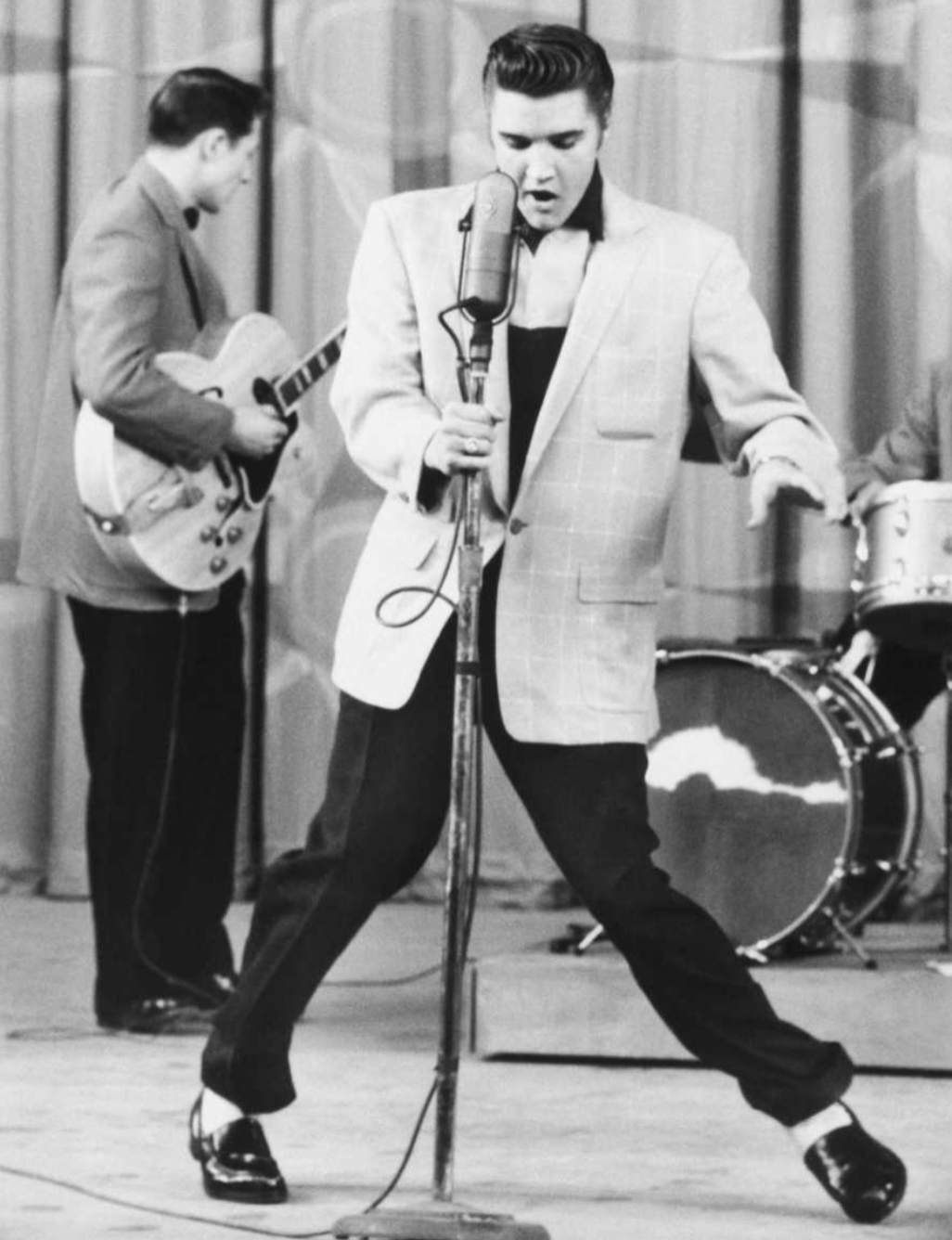
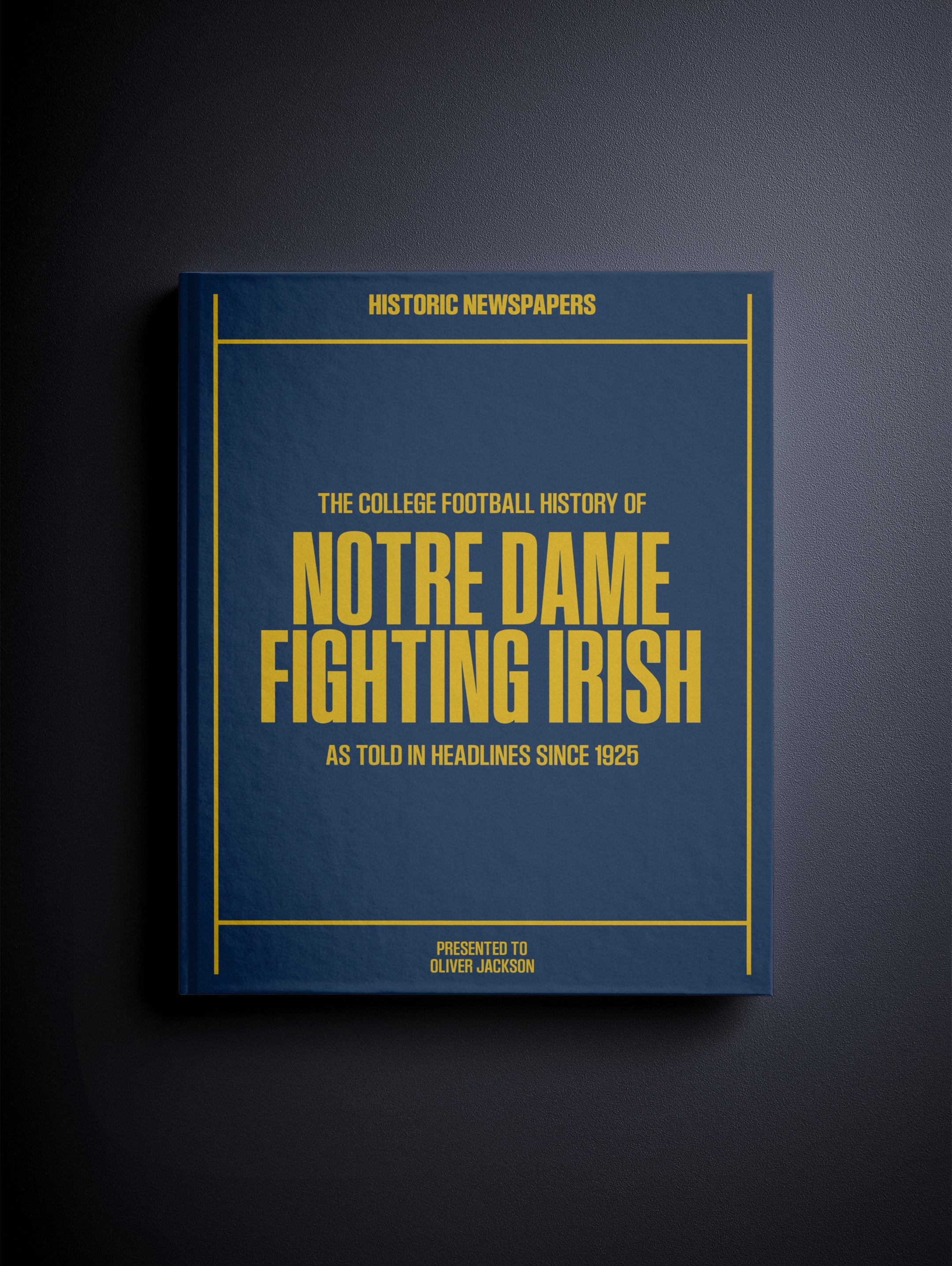
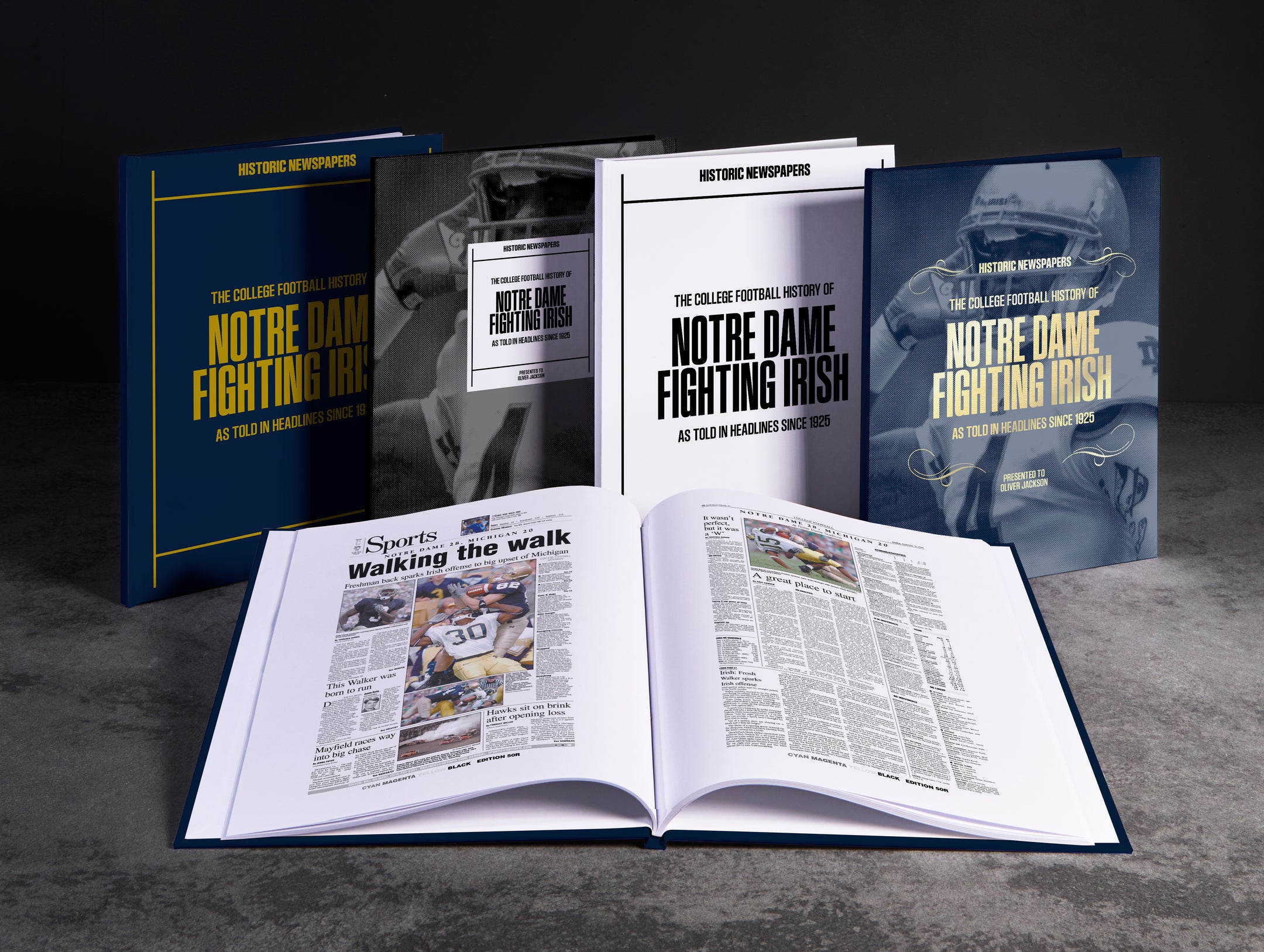
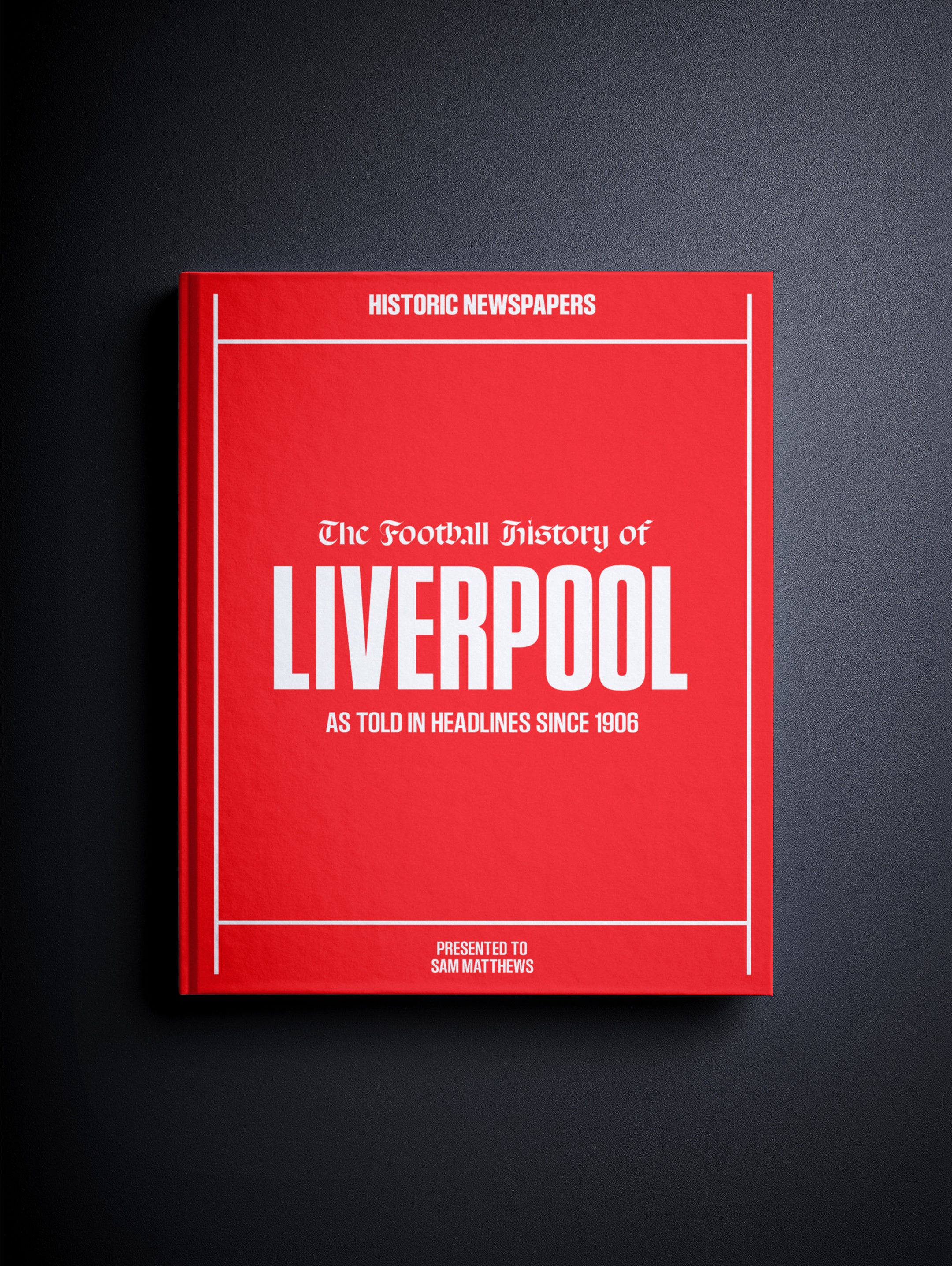
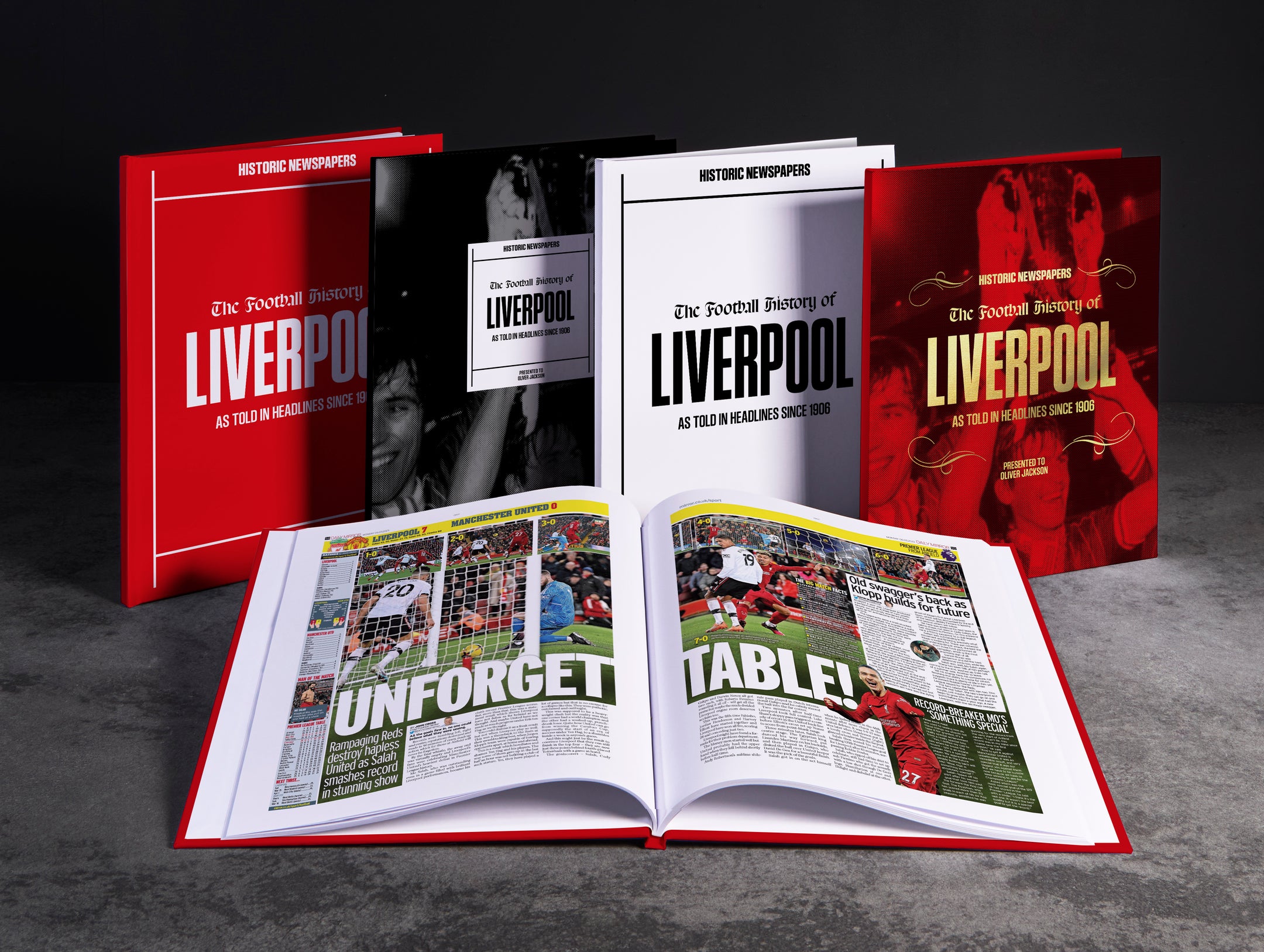


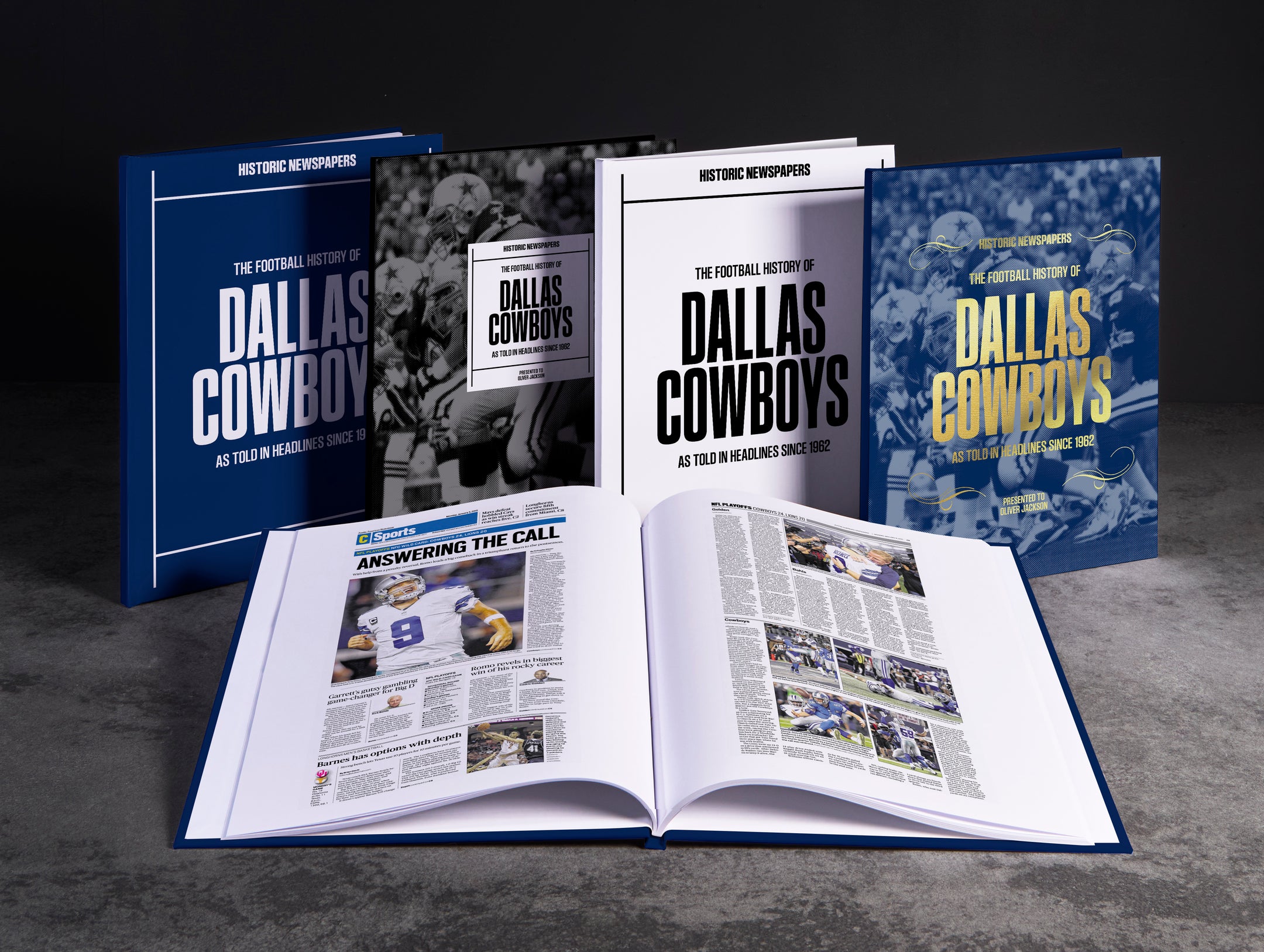
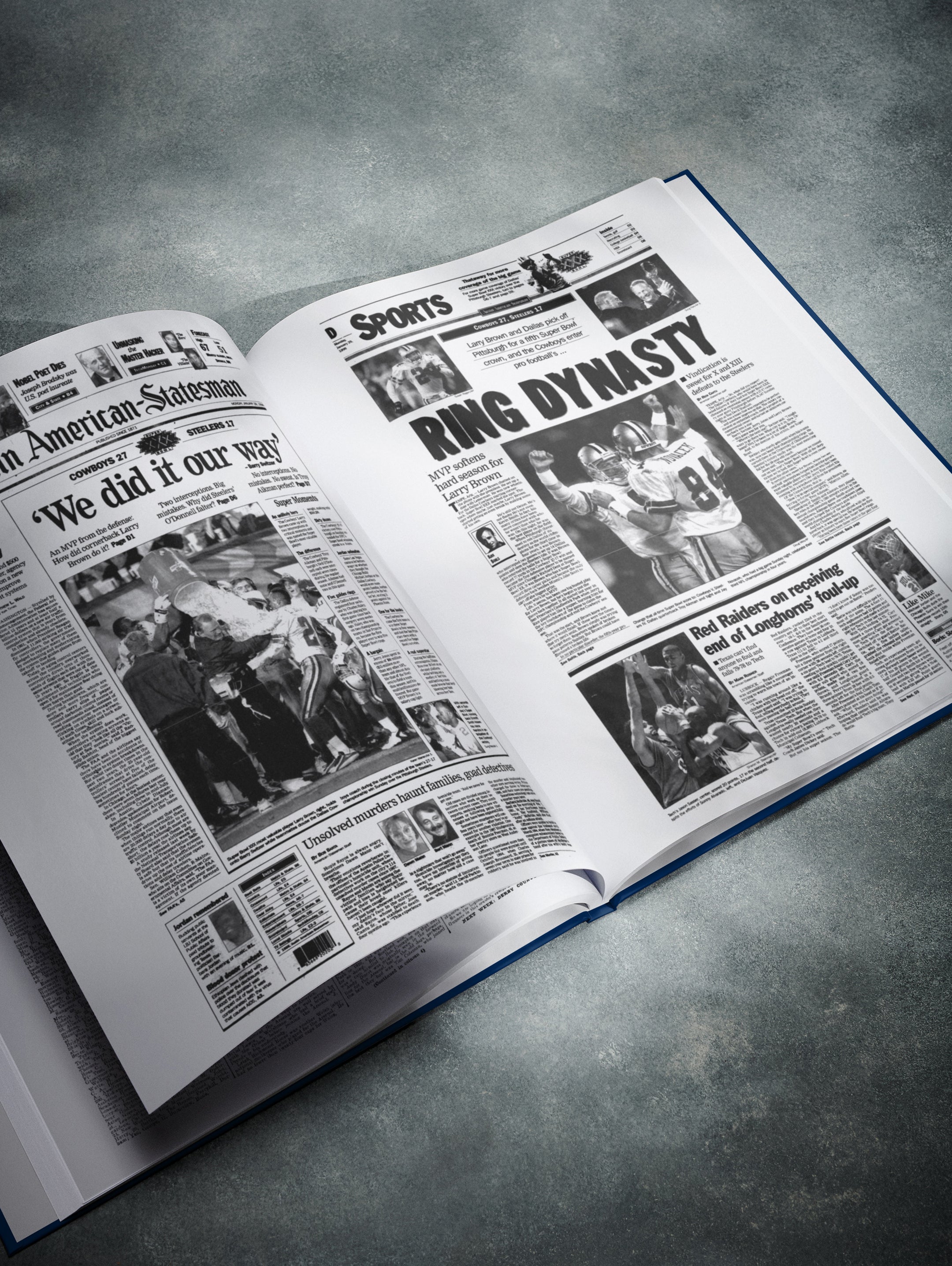
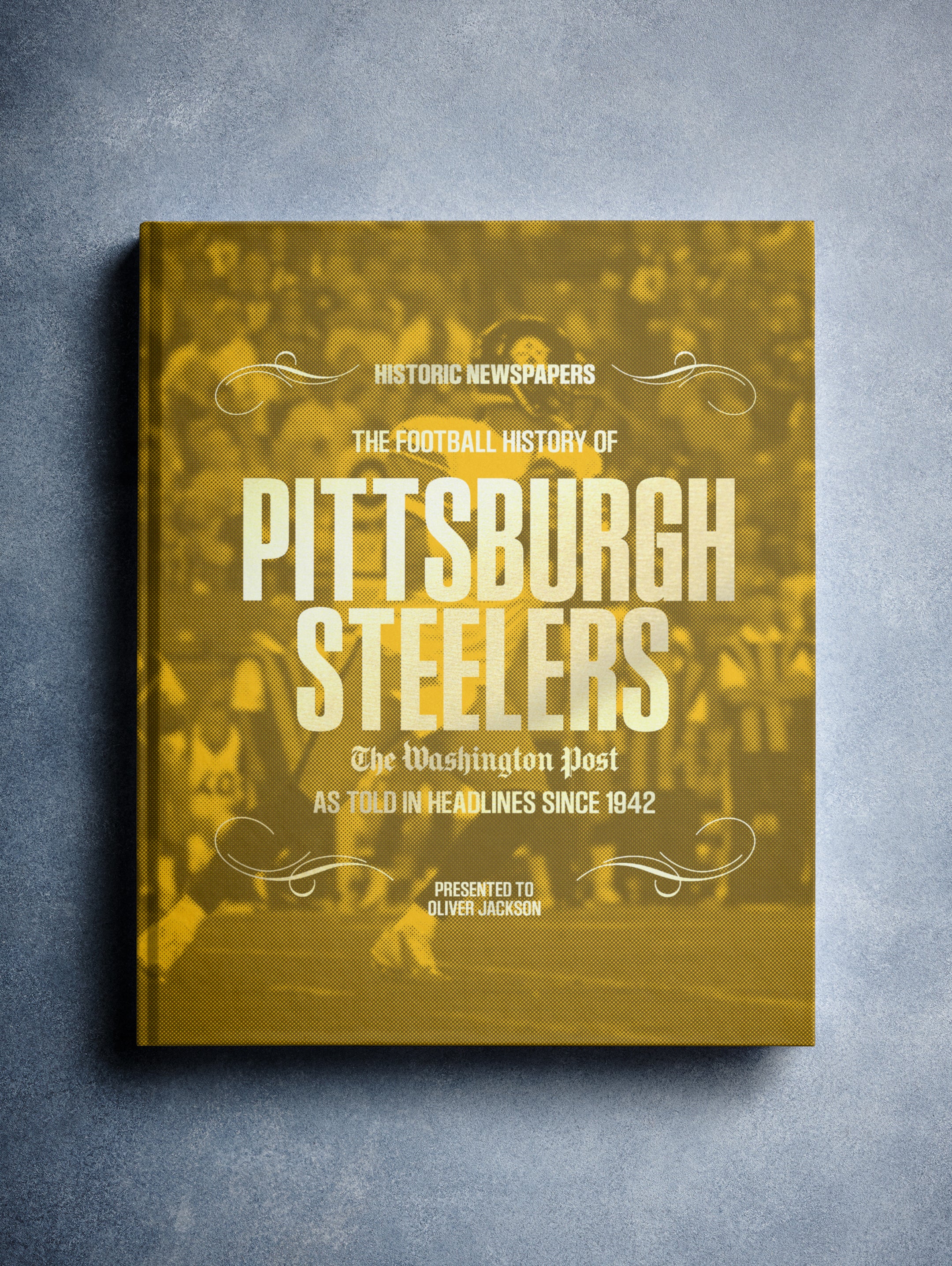
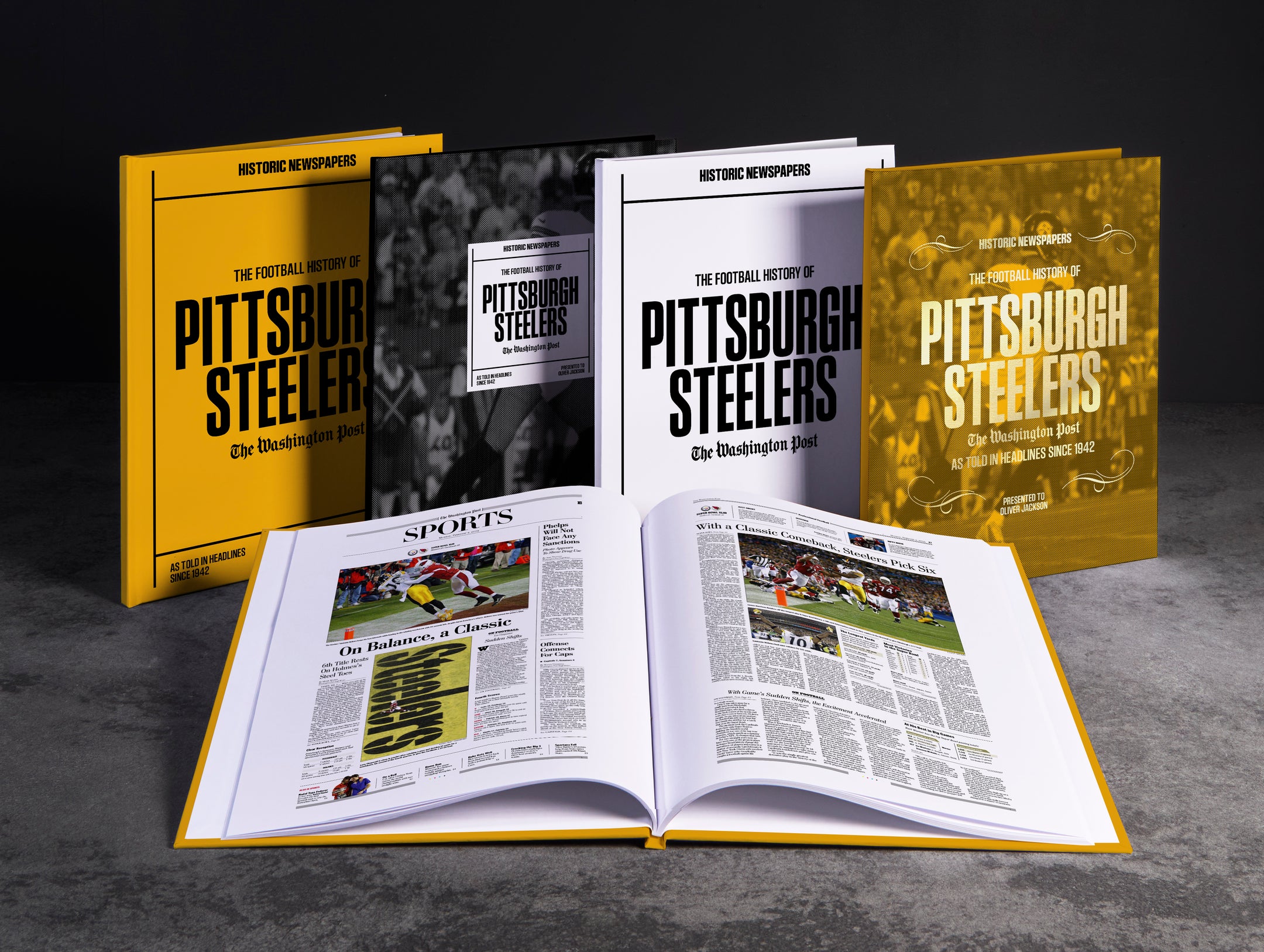
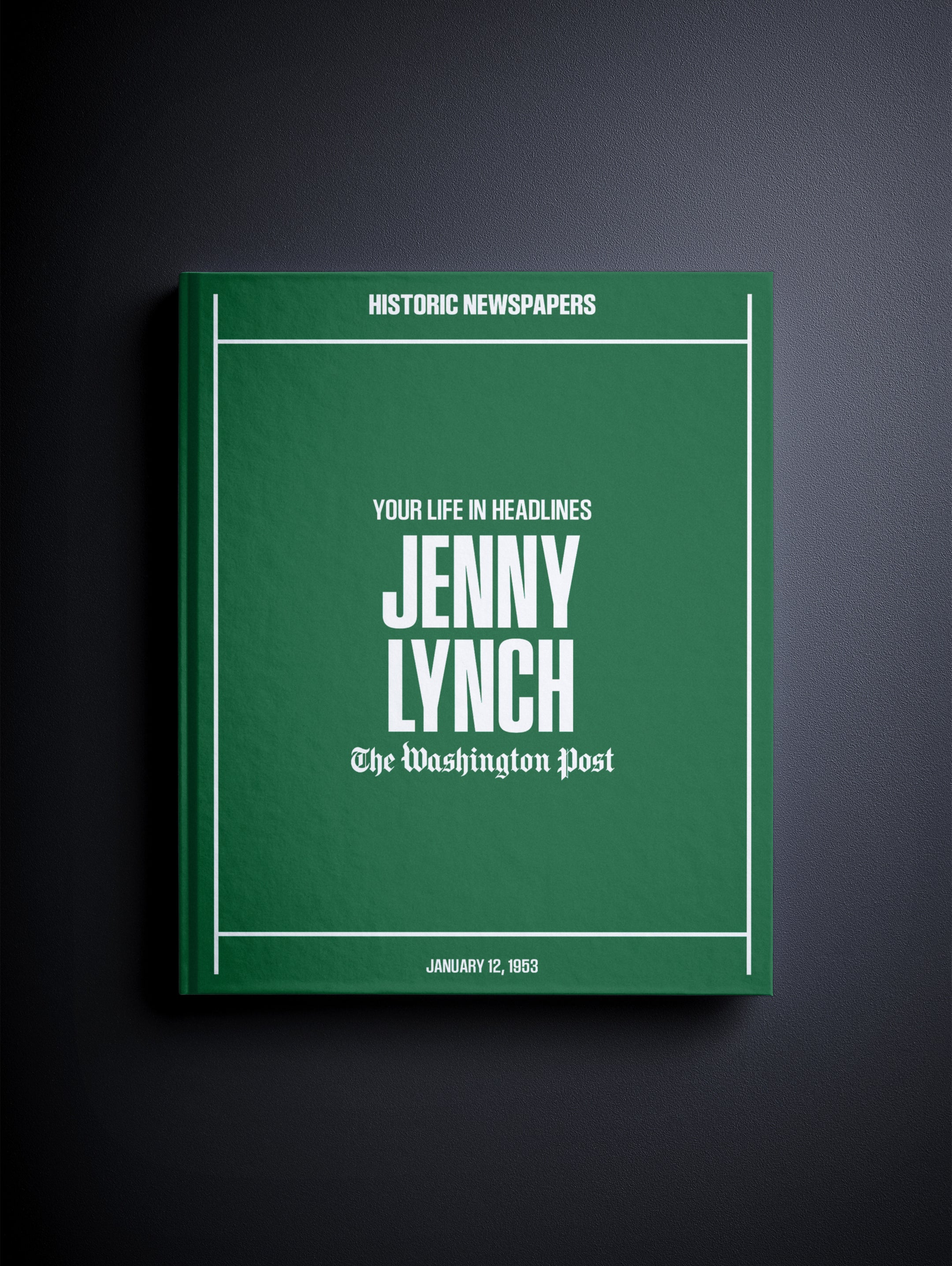
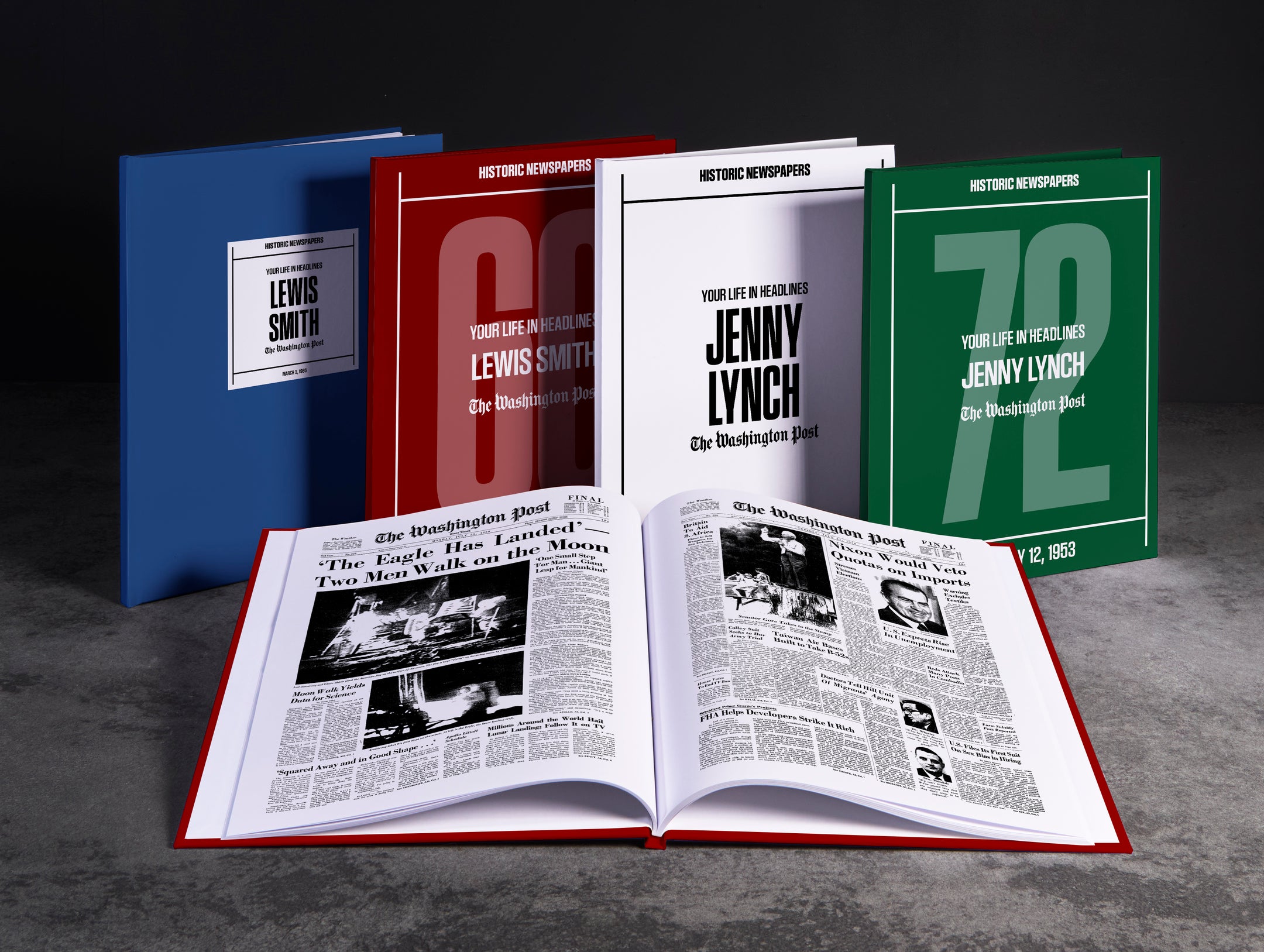


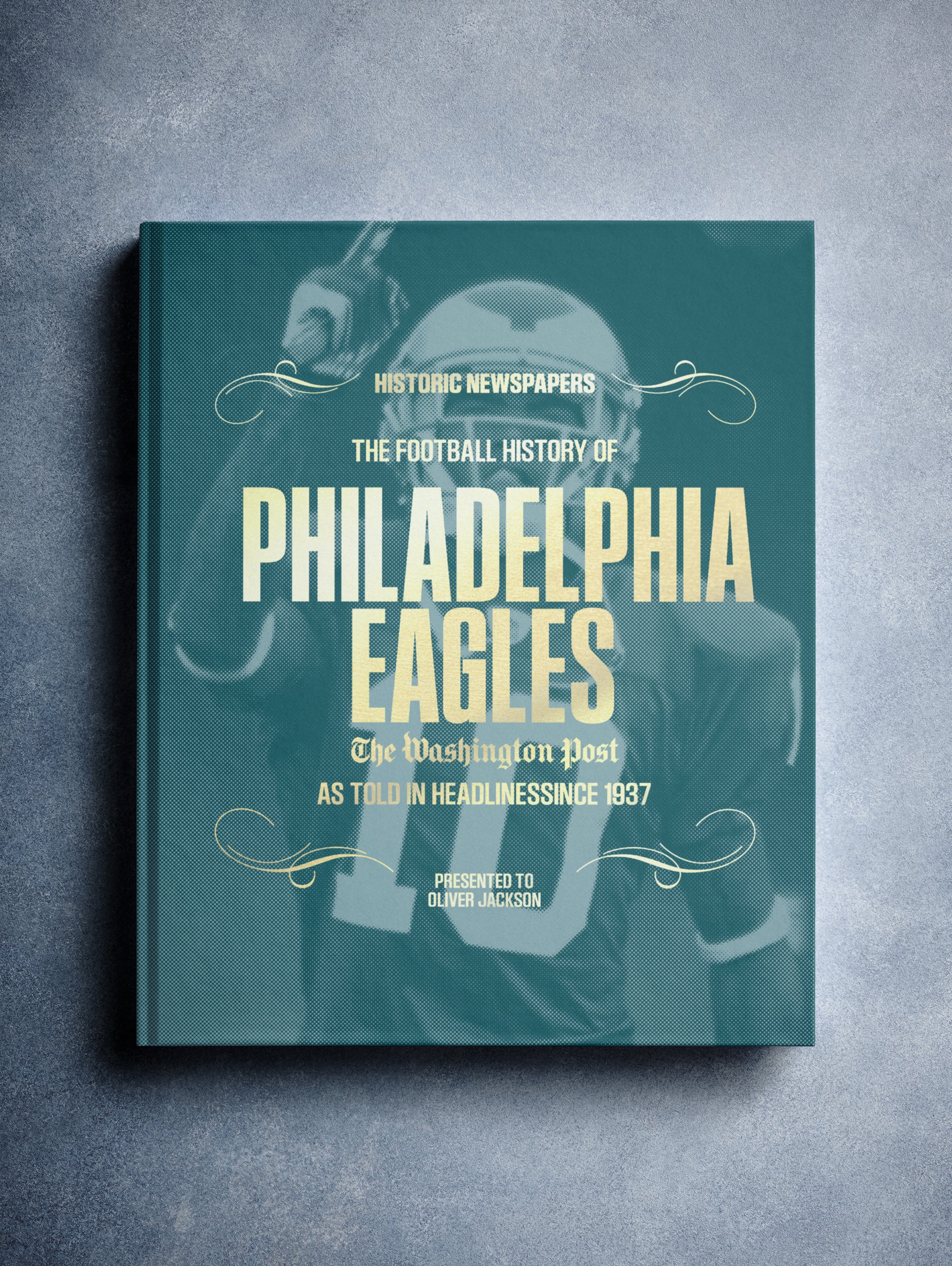
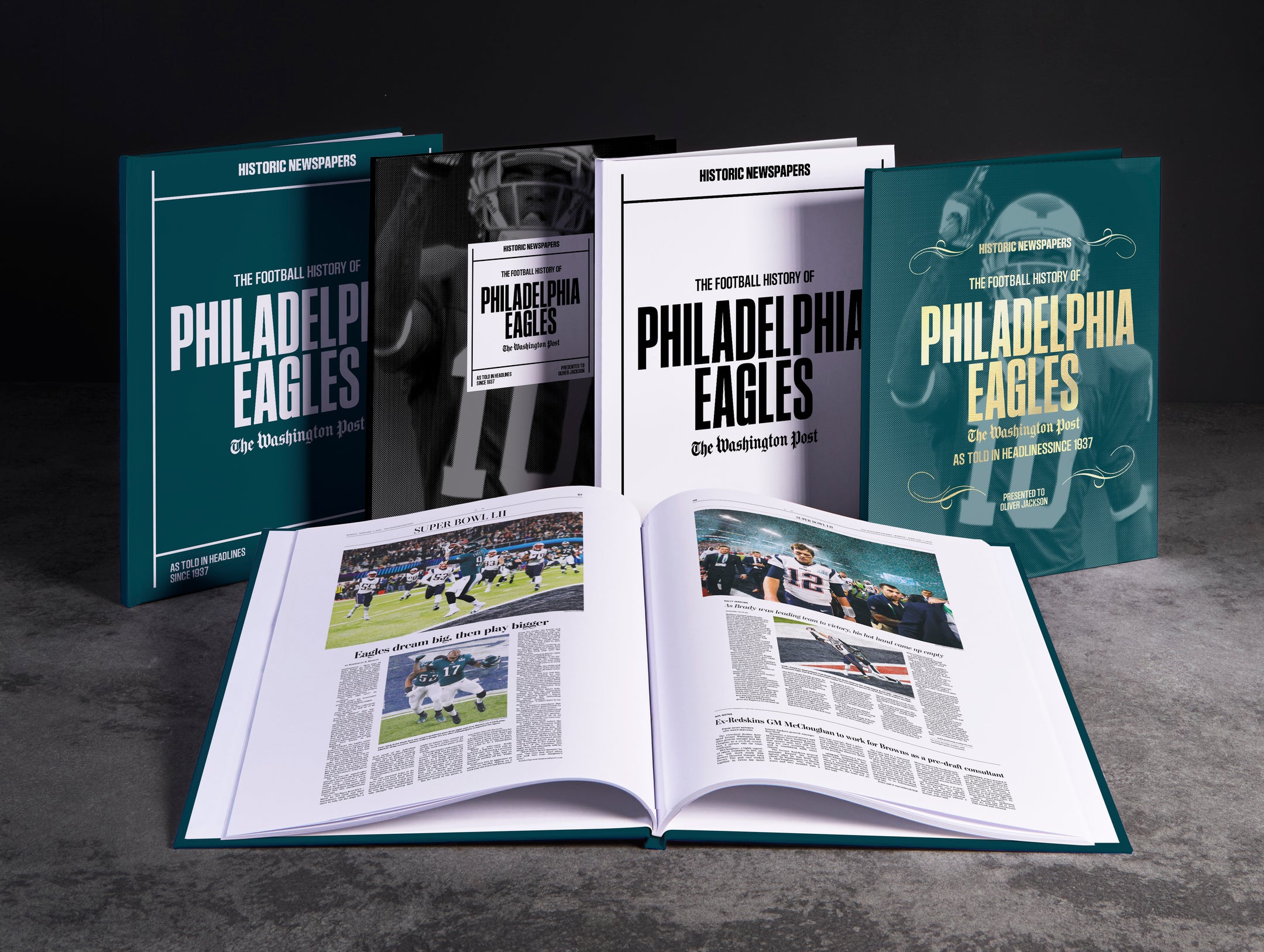
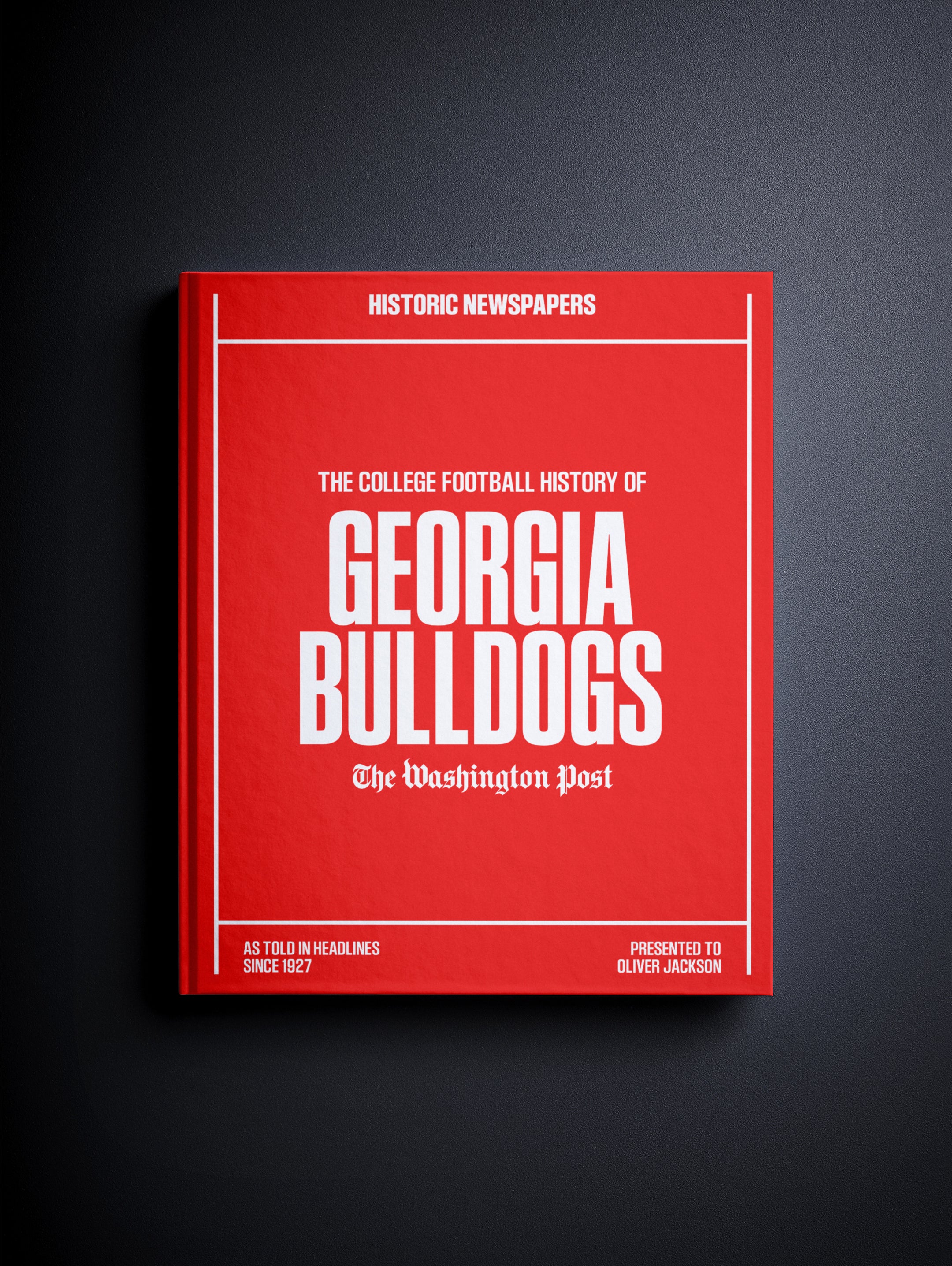
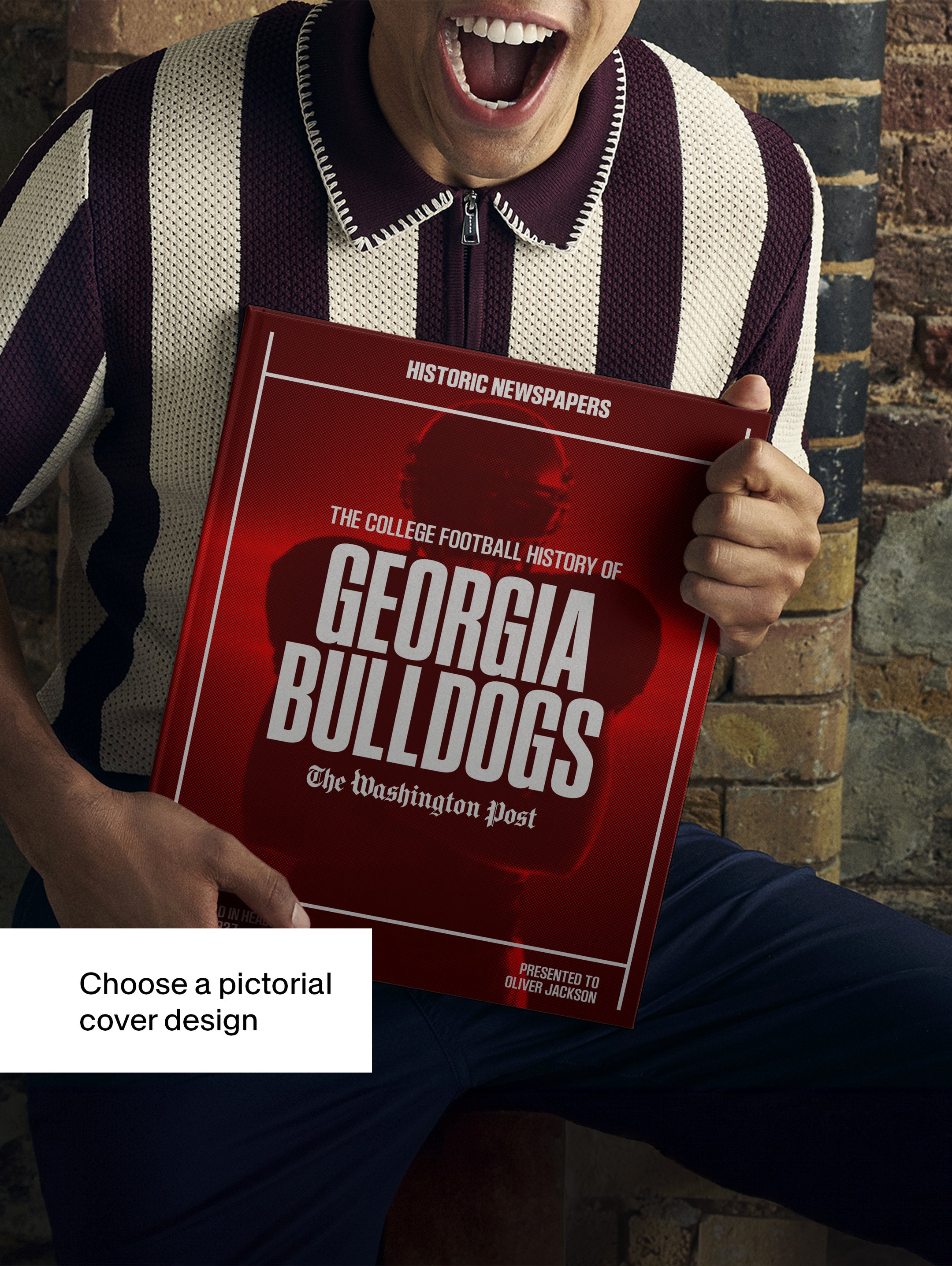
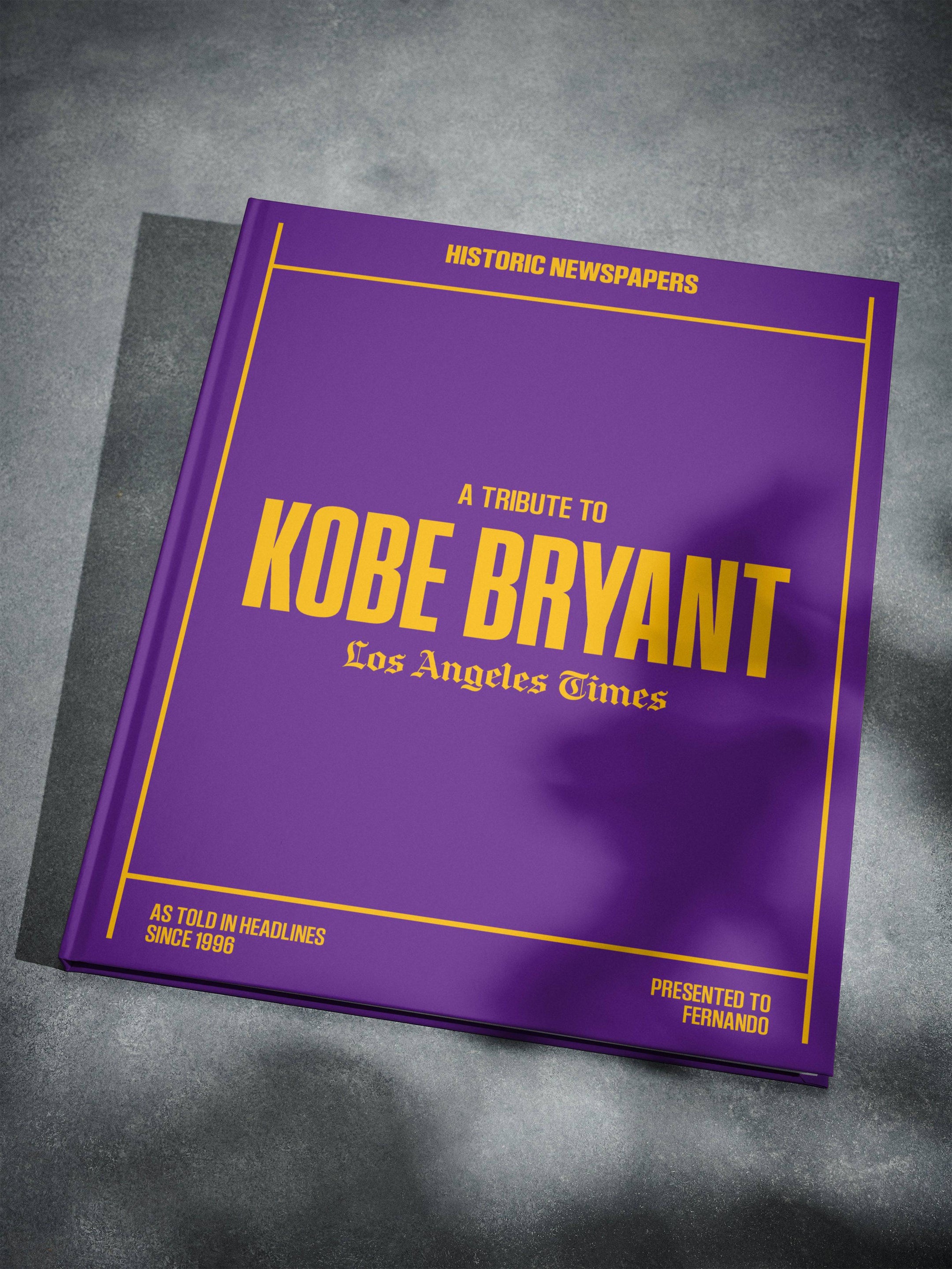
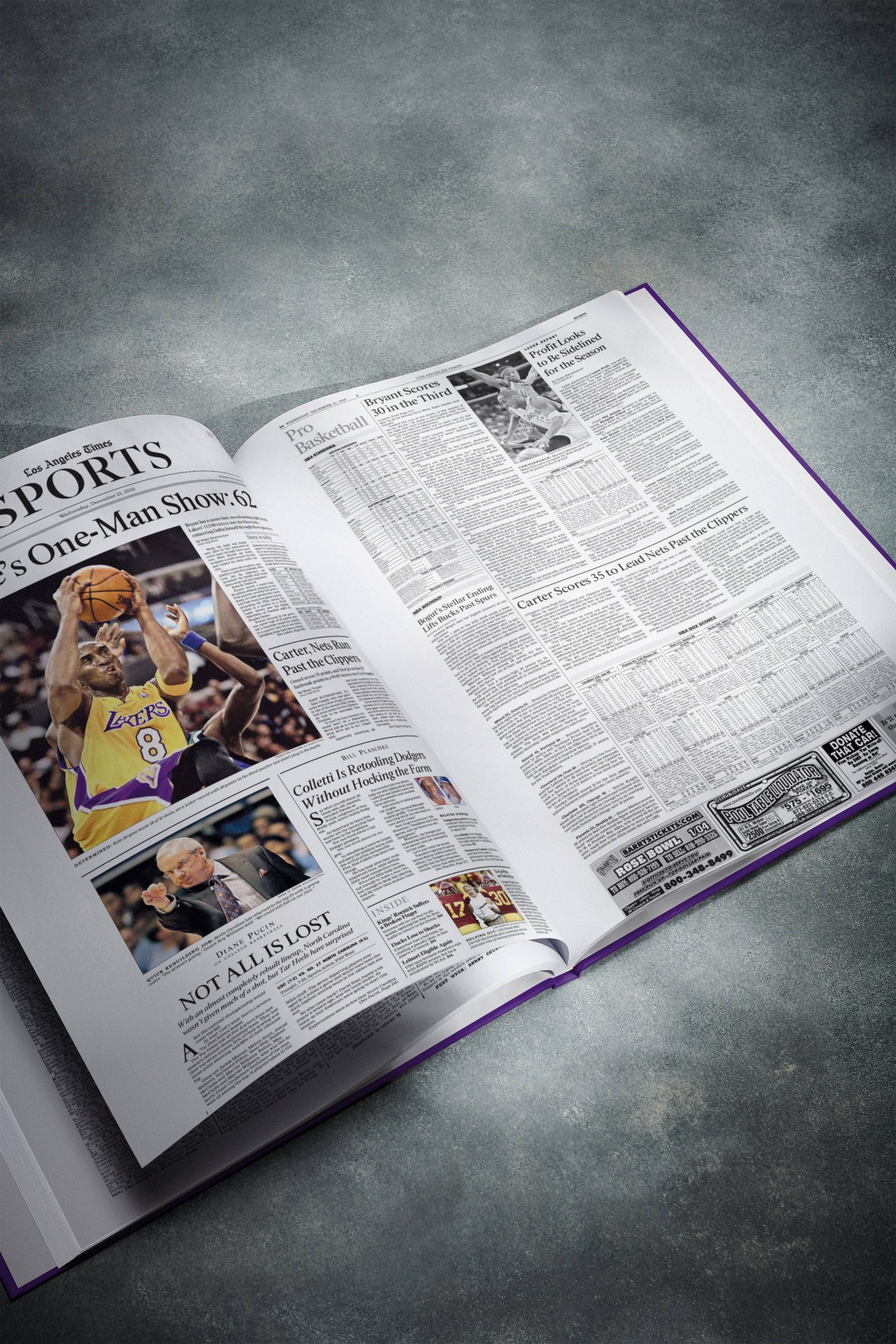
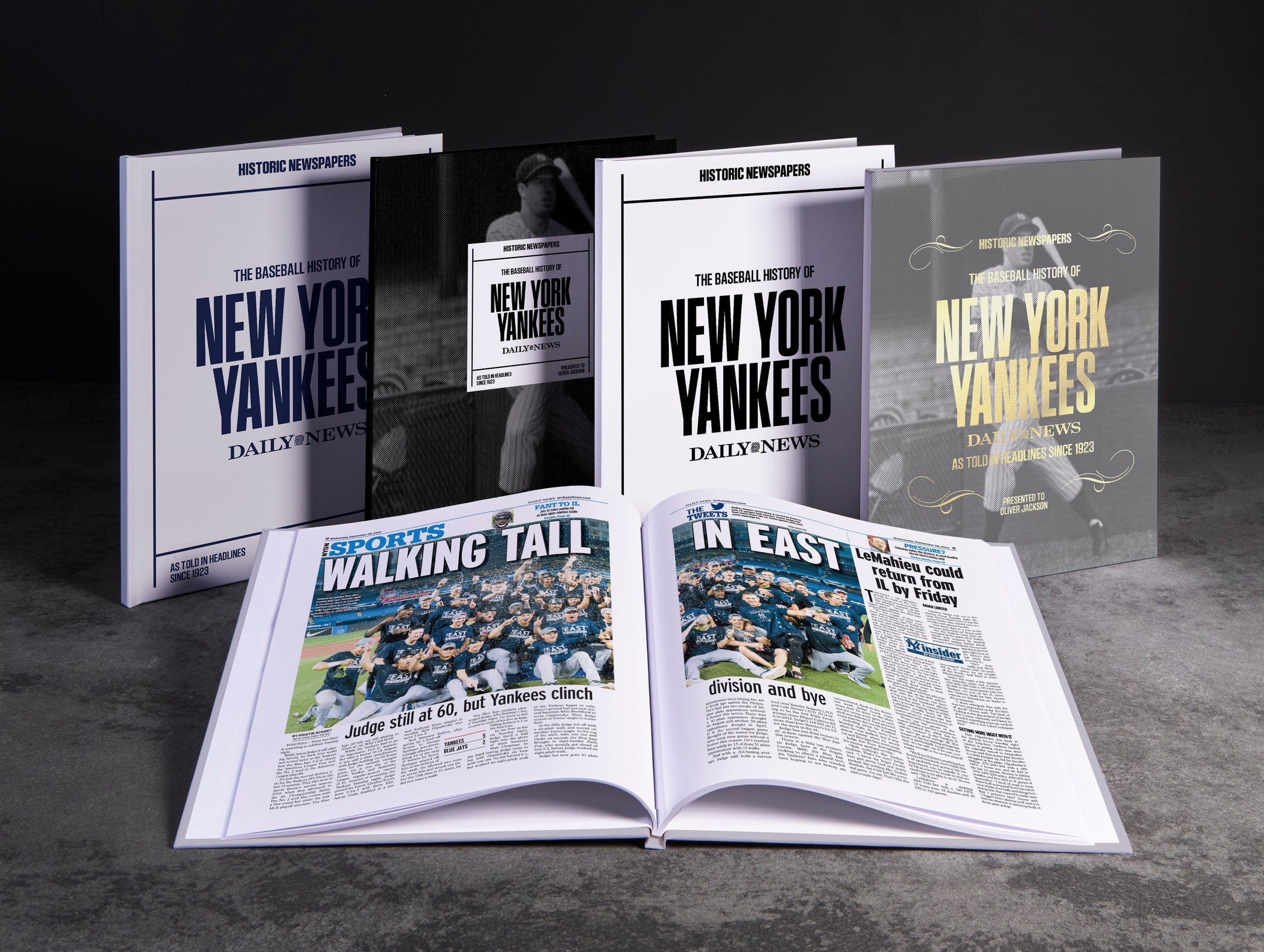
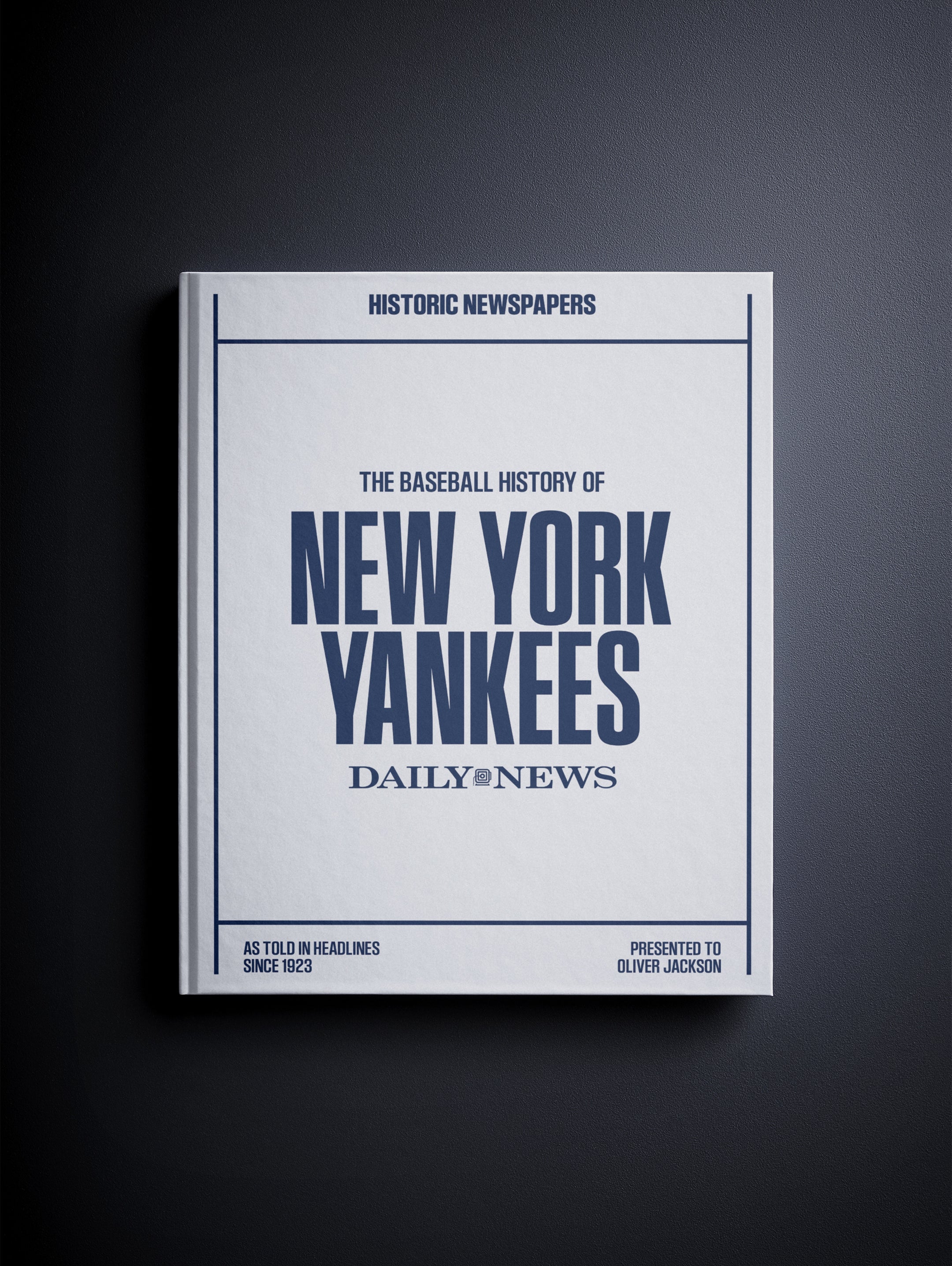
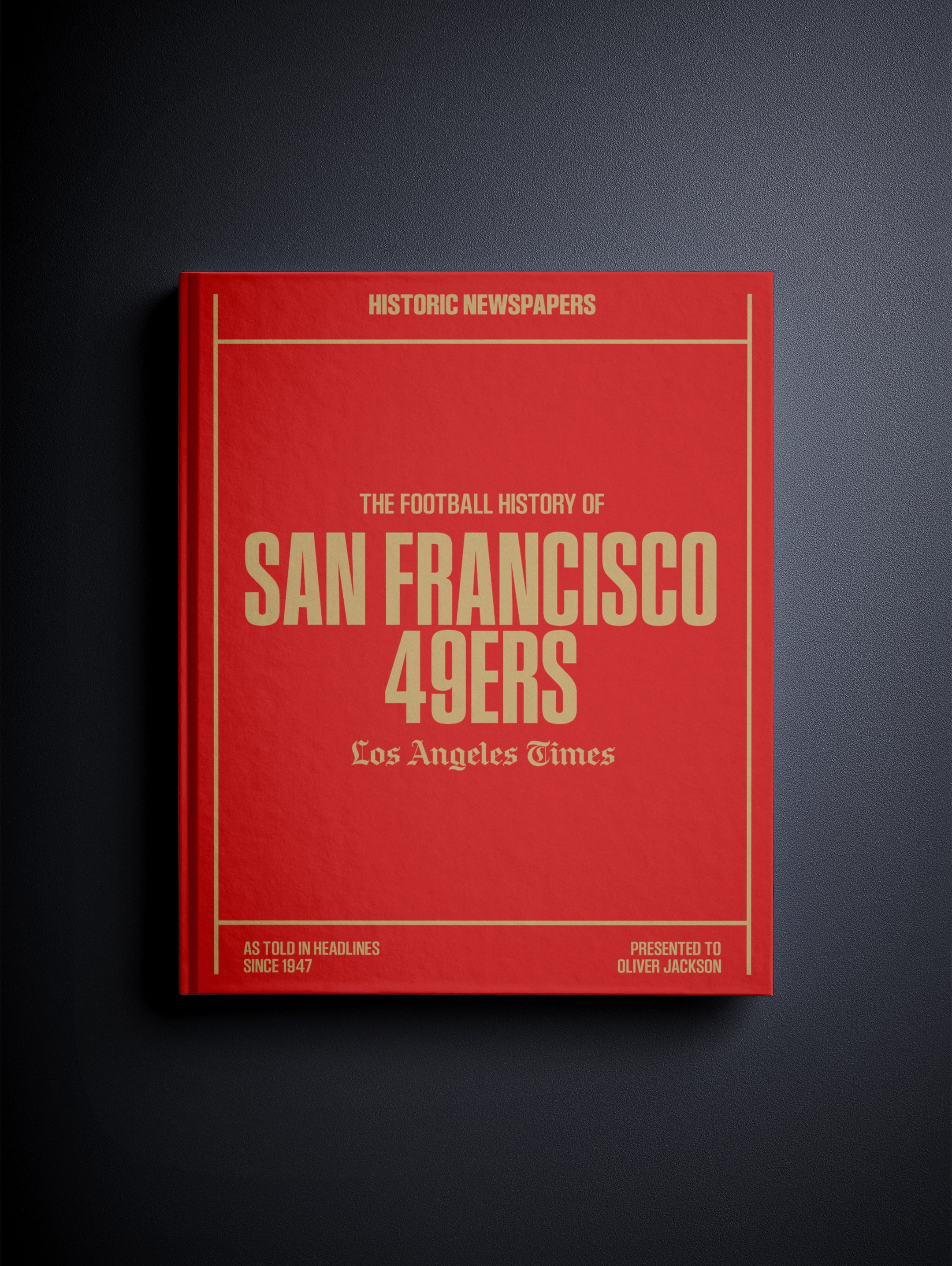
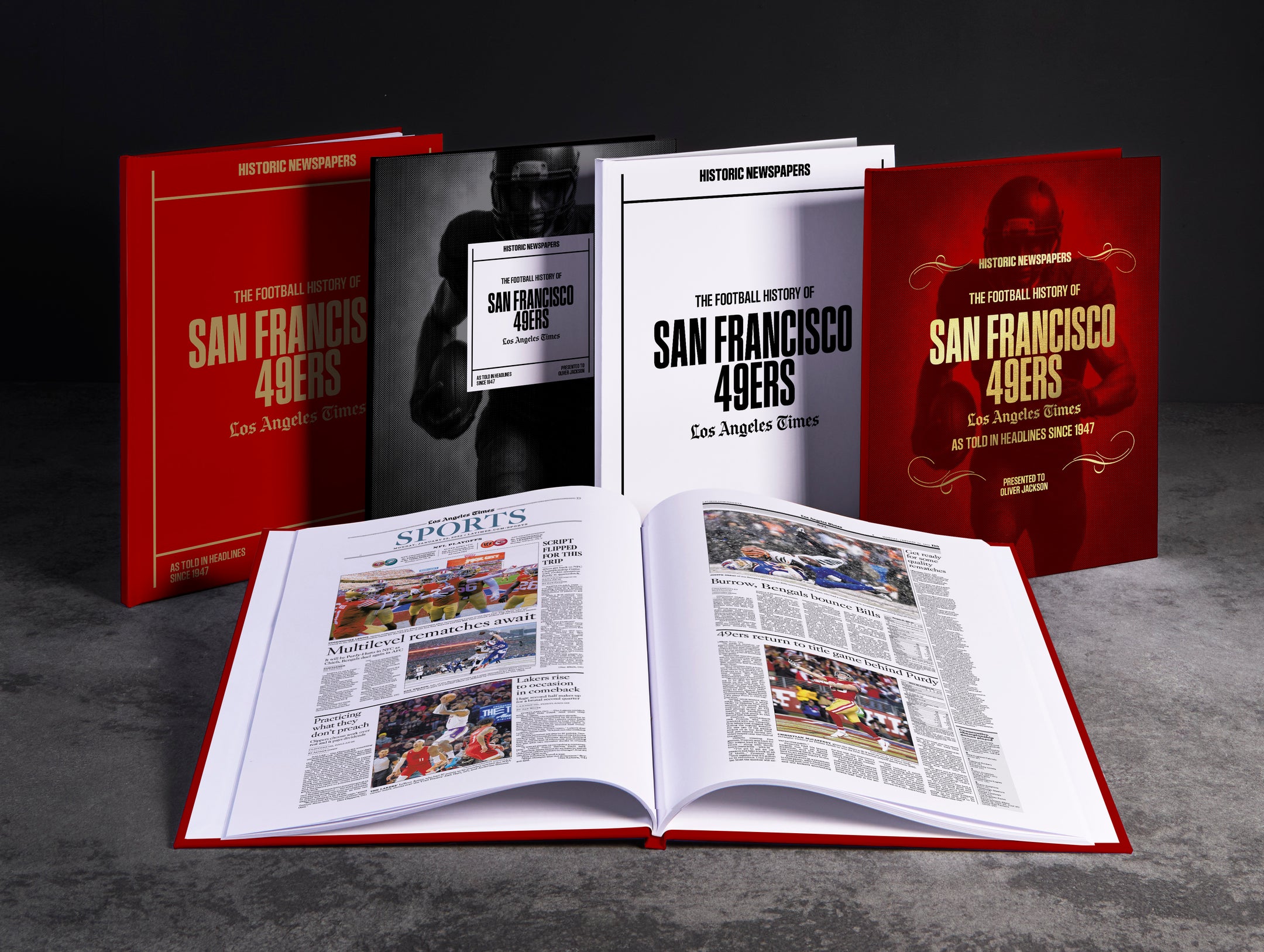
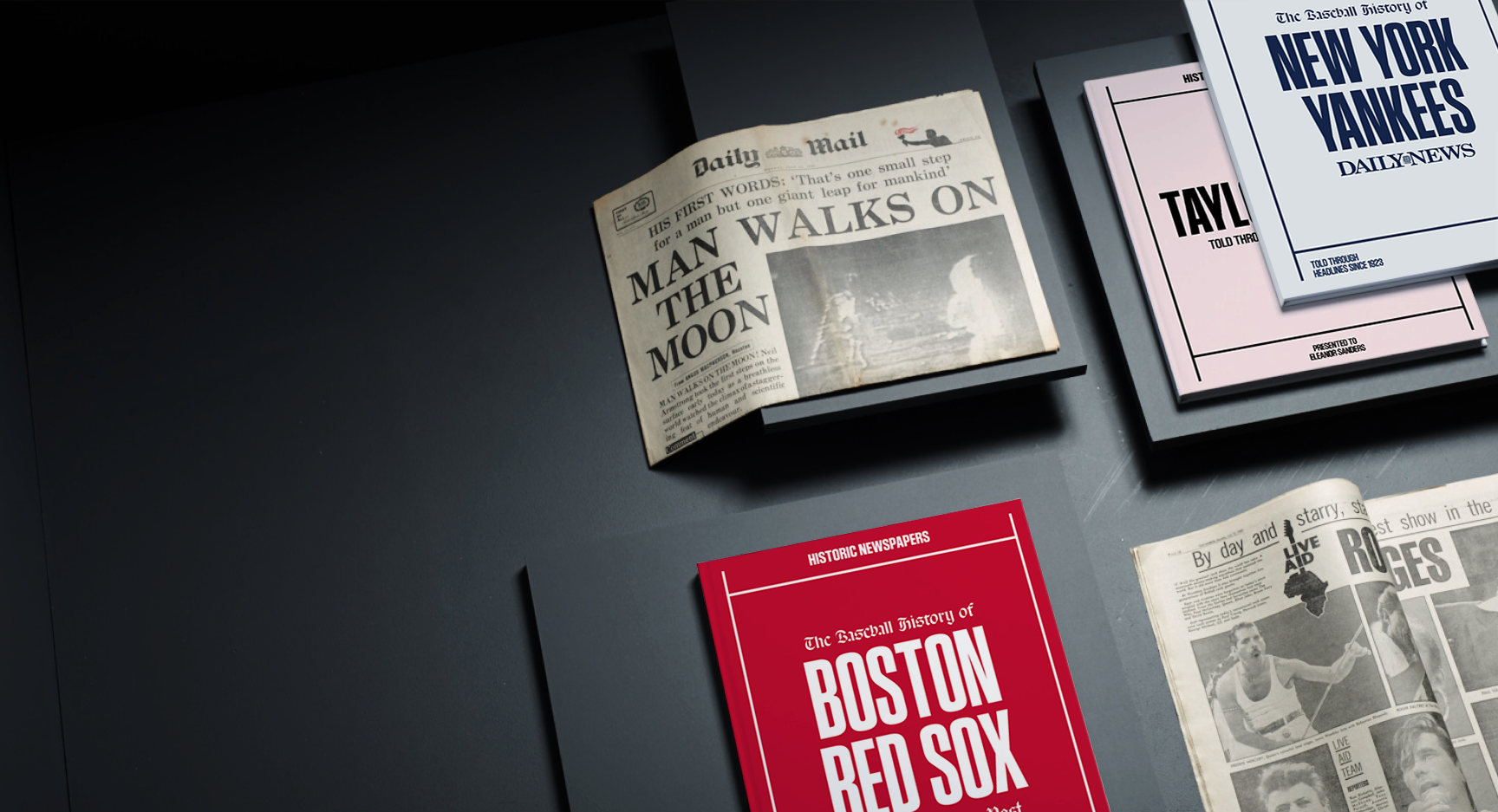
Follow us